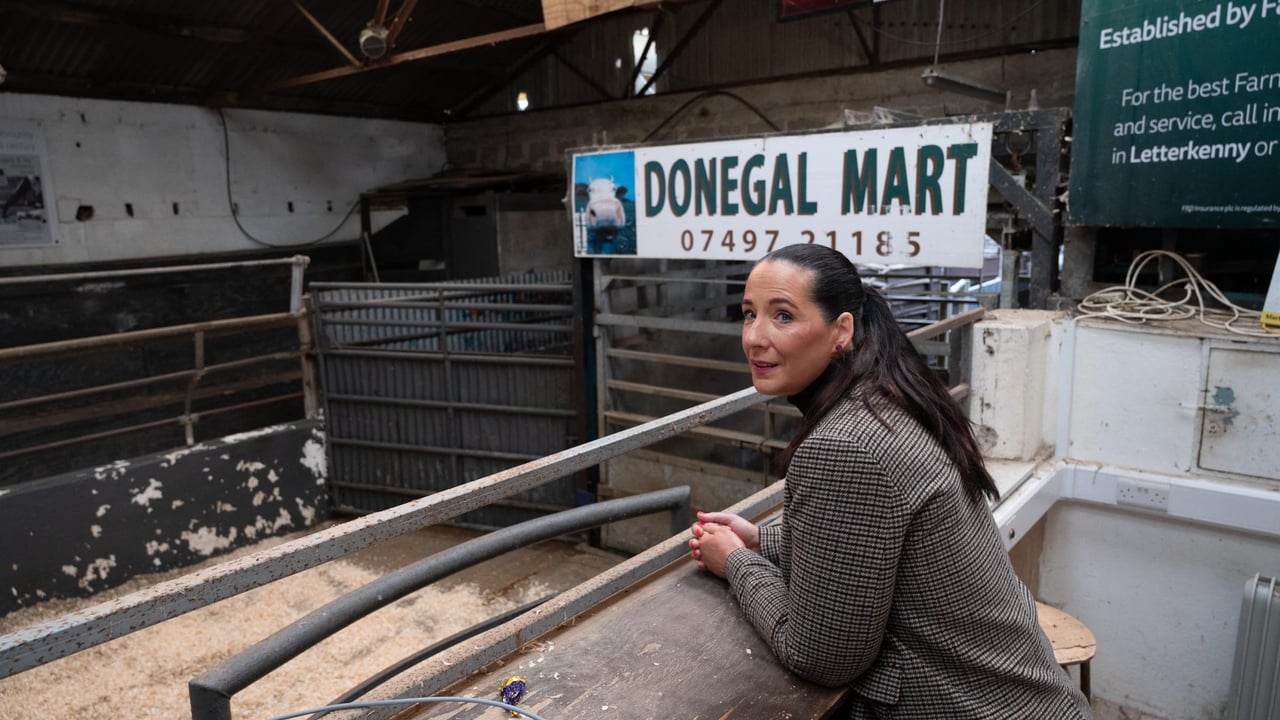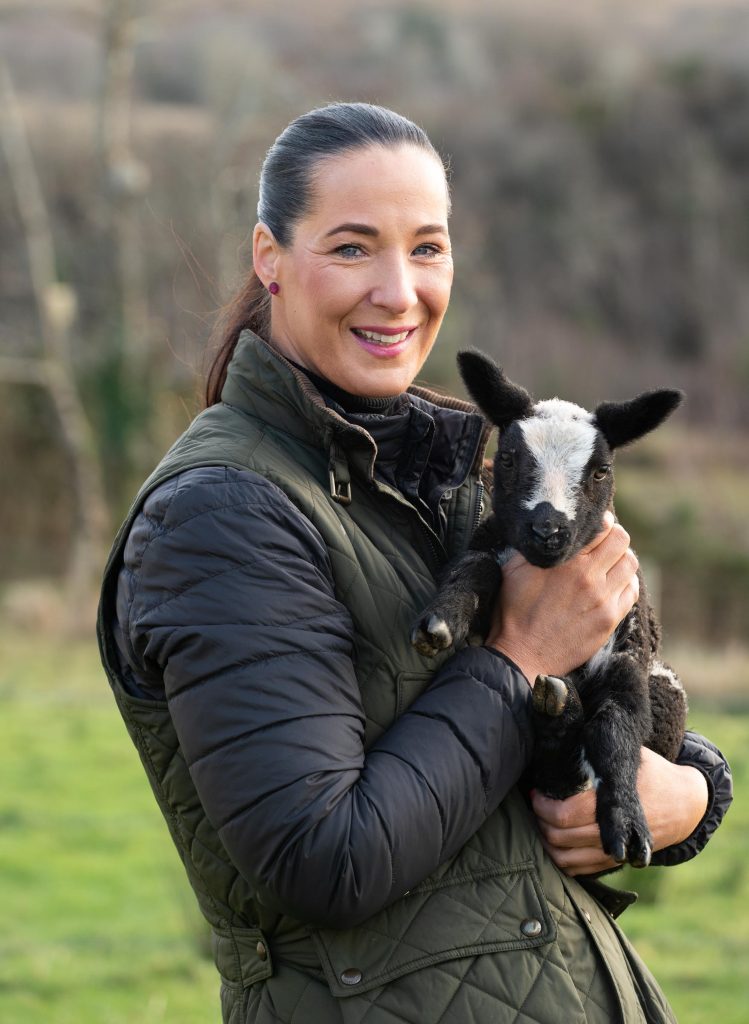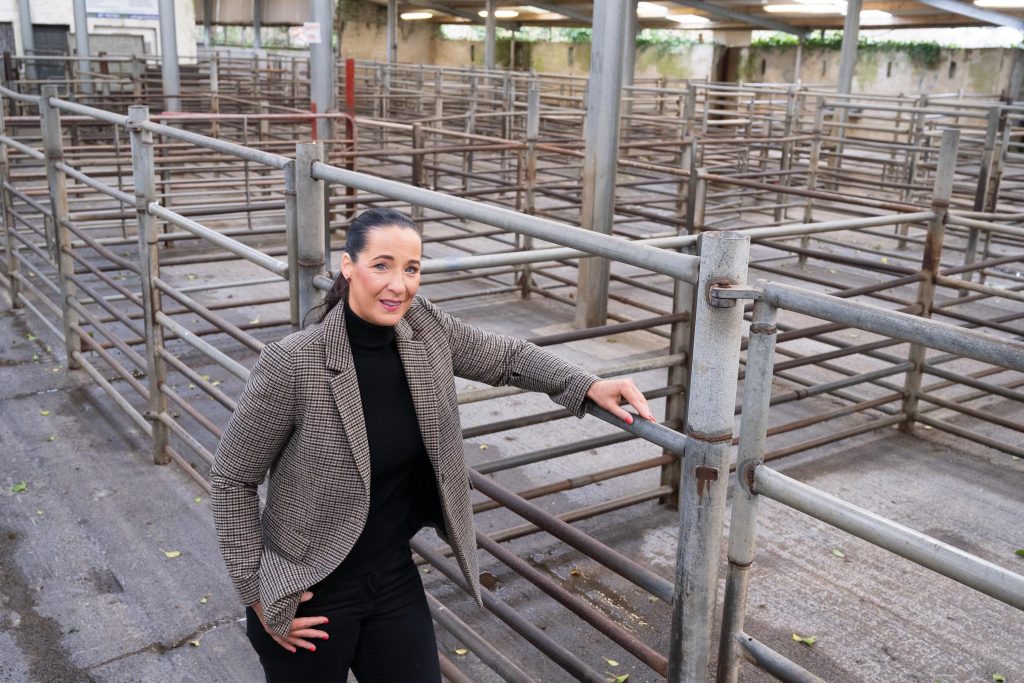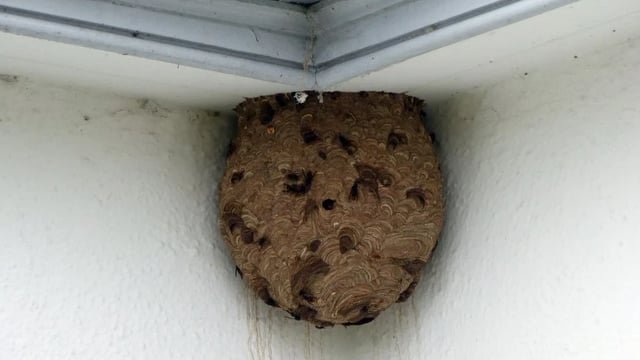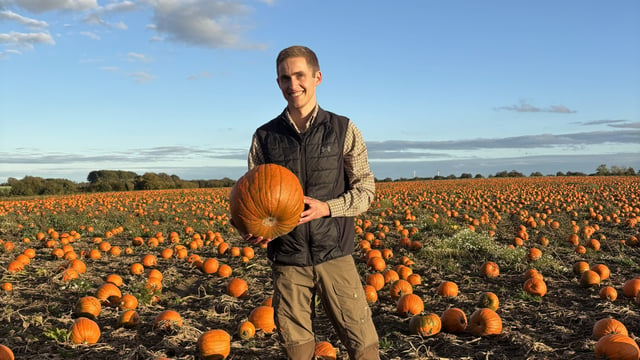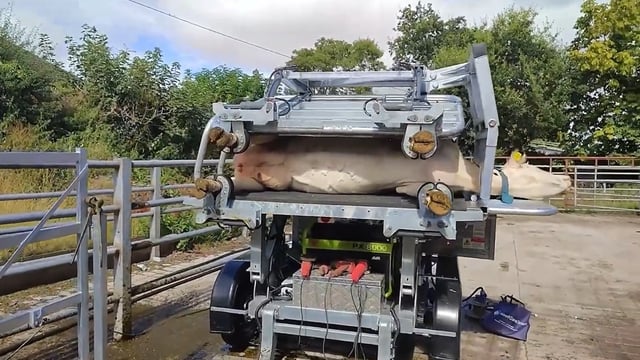Trailblazing Donegal Mart manager reflects on changing environment
Trailblazing Eimear McGuinness started work at Donegal livestock mart in 2007 at the age of 25, and three years later was appointed manager.
The Cavan native recalled: "Back then, there were not many female mart managers around the country and I was also quite young.
"Being from a farming background definitely helped me initially and my love of the farming community also helped."
There was some resistance to the idea of a female manager but this quickly dissipated as she threw herself into the challenging role, going on to make major changes at the mart and beyond.
"A mart manager has no switch-off time. I suppose I grew into the role which was not easy.
"I possibly made some bad decisions along the way but thankfully for every bad decision made, I learned valuable lessons which have stood to me and possibly the reason I am still here.
"In simple terms, I generally try not to make the same mistakes twice," she recalled.
Changing environment
Eimear noted that a mart manager's role is a lot different now to what it used to be, and that it can be a "very intense environment".
"How marts are regulated has changed significantly over the years, some for the better and some not for the better for farming," she said.
"The people we deal with have also changed, and I mean that in a few respects.
"The mart is not as much the social outlet it used to be and that is quite sad. It still is for the older generation but they are not as plentiful."
Eimear outlined some of the more positive changes.
"We have a lot more female mart managers now which is great.
"Thankfully we would all communicate quite regularly through Mart Managers of Ireland which I set up in 2020 and is now one of the most recognised mart organisations.
"It is great to be able to share concerns and worries and chat through problems and I am very proud that is something our group and its members facilitate quite well," she said.
"We also have a mart managers' Whatsapp group and I talk to managers all over the country most days. There is always some problem to discuss," Eimear added.
At present two people work in the Donegal Mart office, with generally 10-15 men in the yard on sale days.
"I love the people I work with. I often say that the stresses of the job would have me gone long ago, but I know I would miss the people too much so that’s a huge part of why I am still there."
The first key change Eimear introduced was the pre-booking of animals for sale.
She explained: "This was done to facilitate knowing what numbers would be attending in order to arrange buyers and staff for sale days. This has worked well through the years."
Organisation for mart managers
She also oversaw many maintenance changes the mart needed, including a new roof.
"Donegal mart is quite a small mart so I have tried through the years to minimise costs," she said.
"Possibly my biggest battle I took on through my role was the fight to reduce mart insurance. This is possibly where the Mart Managers' organisation was born.
"Those initial chats with fellow managers around the country and the realisation that we all had the same issues, was what brought us together.
"A lot of work and research and meetings with insurance companies brought us to the public finance committee.
"We gained a lot of publicity and thankfully I think both marts and insurance companies have learned a lot over the years, which in turn has seen a decrease in a lot of marts' premiums."
In 2013, Eimear set up a sheep producer group in the mart.
"I could see that in Donegal we were getting a lot of store lambs through the mart but the fat lambs were going elsewhere. I decided to meet with some factories to discuss the possibility of starting a group.
"It started slowly but grew into something which has benefitted both the mart and the sheep farmers of Donegal.
"It is now possibly one of the larger sheep producer groups in the country, something I am very proud of but it also means no days off," she said.
Mart manager role
Eimear said the job can be quite challenging.
"We are probably in a time now where a mart manager's job is at its most difficult," she said.
"You are trying to work under extremely tough regulations and also trying to safeguard payments in and client monies. On top of this, the added pressure is that stock numbers are reducing.
"I suppose when government schemes are introduced to pay farmers to farm less, that will put pressure on marts throughout the country."
She noted that the fact that Donegal has seven marts makes it competitive.
"I am often told about a ‘customer’ who might be in another mart and that I should have them in ours.
"If they are not in ours, it is because payment was not guaranteed and past mistakes and sleepless nights have made me change with regard to that, but that can affect where sellers take their stock," she explained.
Eimear is thankful that the majority of farmers in Donegal realise that to secure the mart's future, they need to support it, now more than ever.
"Luckily, we have a very good customer base now with a great trade for cattle and sheep in the sales."
Online facilities
An online facility was introduced during the pandemic.
"I didn't like the thought of it, simply because it took the social aspect from the mart but it was needed then," she said.
"I did think it would go after Covid but I have to admit we could not really function without it. It is a great help to trade and we have gained a lot of customers because of it.
"It's also great for the older generation to be able to watch marts online, if they are not physically able to attend anymore which they do in large numbers."
Due to the age profile of those attending marts, she believes it is vital that staff should be trained in CPR and that defibrillators should be accessible at all marts.
"We had a farmer two or three months ago who suffered a massive heart attack in the mart, a few inches from me. Thankfully myself and another man performed CPR and we got a defibrillator nearby which saved his life."
Falling stock
Eimear is very conscious of the huge shift that farming has undergone, especially over the last decade.
"There is less stock in our areas. Farmers who used to have 40 cows might only have ten now and some have none at all so that is always a worry.
"The arrival of the PSRA and the regulations on marts now all creates a lot of stress. It is hard to juggle all the balls to keep a mart operational and it is constantly changing and being added to," she said.
Eimear and husband Gillen live in Killybegs, where they have a small farm of sheep and Aberdeen Angus cattle. Son Odhran works part-time with her in the mart and is studying for his master's degree in agriculture with Teagasc.
"The farm is something we love. It is not very profitable but we enjoy it. I love lambing and calving time. There is something very therapeutic about animals, all the day's worries drift away," she said
"We will keep working at the mart. I am hopeful that we have encountered most of the difficult changes we have had to make with regards to regulations," she said.
She is hopeful that women will be better represented in agriculture in the coming years.
"I recently sat at a meeting in the with a room full of mart managers and farm organisations. I was one of three women, I think, in a room of possibly 100 men," she said.
"I actually commented that day and laughed that I felt very alone. You have to have a very strong mindset to consistently walk into situations like that.
"Over the last 20 years I have got stronger and feel a lot more at ease when entering into male-dominated environments like that."
She noted that she sits on a lot of boards in the agricultural sector and feels that women are very much under-represented, especially at a higher levels.
"Things have improved over the years with regard to more women in agriculture but if we take a close look at our farming organisations and bodies, generally speaking, a lot of the top jobs and top tables are not women.
"I'm not sure if that will ever change but I am glad that we are seeing more women farmers coming up and doing well in businesses which they have started in agriculture," she said.

